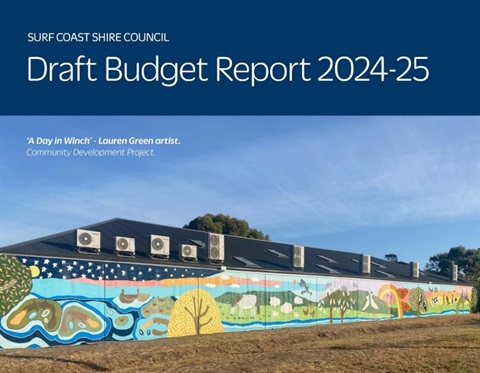Opinion piece first published by the Herald Sun newspaper on 16 October 2019:
Despite the disadvantages faced by too many of the First Peoples of Australia, we have organised ourselves on a vast scale to improve the wellbeing of our people and communities across our country.
This includes creating more than 3,000 Aboriginal and Torres Strait Islander corporations, many of which provide vital and effective support to our people.
Unfortunately, the reality is many successful Aboriginal organisations are forced to navigate a never-ending treadmill of grant applications and everchanging funding processes to keep the lights on and staff paid.
Some of the pioneers in this field are the Aboriginal medical and legal services that first opened in inner-city Sydney and Melbourne in the early 1970s. At the time, it took incredible resourcefulness and vision to create these operations.
Today, there are about 145 of these medical services located around Australia, with nearly all of them run by boards comprised of Aboriginal people.
Last year, they provided medical care to about 350,000 people, both Aboriginal and non-Aboriginal.
But many of these success stories are unknown, and the people who work in these organisations are unsung heroes.
This is why Oxfam Australia has produced a report, In Good Hands, to document the extent to which Aboriginal-led organisations, many run by women, provide solutions to the entrenched poverty and disadvantage faced by so many.
One of the outstanding case studies in the report is the Katungul Aboriginal medical service on New South Wales’ South Coast, which has helped to stem the inflow of Aboriginal people into the surrounding hospitals by providing an integrated system of preventive care.
HealthStats data in the report shows a 30 per cent cut in “potentially preventable hospitalisations (PPH)” in the region where Katungul operated in the six years to 2016-17, compared with a rise of 20 per cent for the entire NSW population. PPH refers to conditions for which hospitalisation is potentially avoidable through preventive care and early disease management.
Katungul acting chief executive Jo Grant says staff have achieved these results because they have a deeper understanding of the issues facing Aboriginal people in the region. Organisations such as Katungul should be seen as the solution to the disadvantage faced by First Peoples in Australia.
In the United States and New Zealand, countries with similar colonial histories, better results have been achieved by focusing on community-led responses.
Even the Productivity Commission advised the government “community involvement is a key factor” in successful outcomes and acknowledged decades of research in the US which found that “self determination led to improved outcomes for North American Indigenous people”.
Our report showcases the great work of community-based organisations across the nation. It includes case studies from legal services, early childhood education and support services, job training and land and sea care.
In Victoria, we’re seeing great strides made as we move this month to form the First Peoples’ Assembly of Victoria, which will establish the ground rules for treaty negotiations.
As Jason Mifsud writes in the report, the state has backed self determination by giving resources and power to Aboriginal people.
Australian federal and state governments need to support community-led responses that give First Peoples a sense of empowerment, control and indeed sovereignty, to help to address the systemic disadvantage that is a consequence of Australian history.
Ngarra Murray is a Wamba Wamba, Dja Dja Wurrung and Yorta Yorta woman, and National Manager of Oxfam’s First Peoples Program.









Comments are closed.